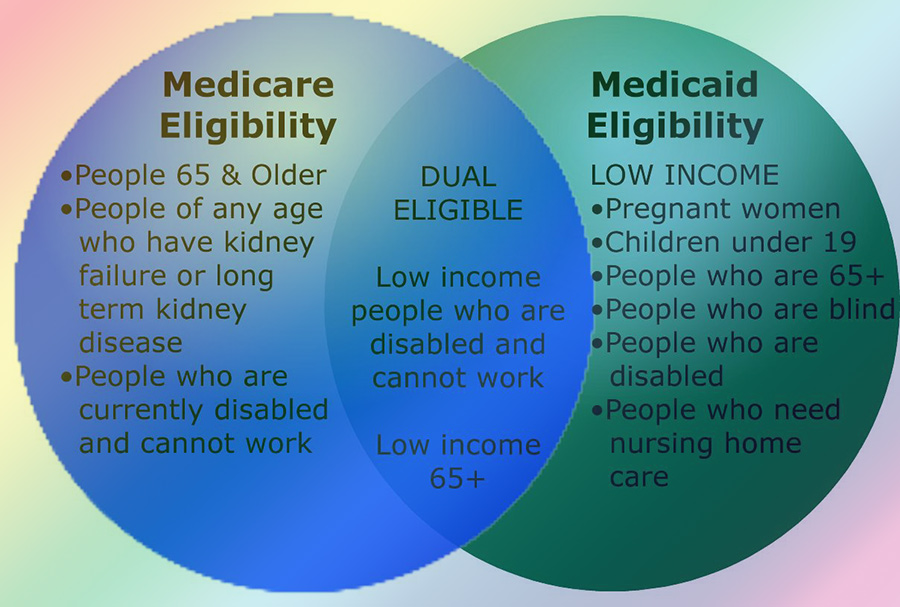Despite all the talk about health care in the news recently, people are still surprised when I tell them that Medicare and Medicaid are LGBTQI+ issues. Yes, health care affects everybody. But health care disproportionately affects older adults and individuals with disabilities, particularly LGBTQI+ older adults and individuals with disabilities.
Medicare, the main health-insurance program for Americans 65 and over, serves more than 55-million people, approximately 2 million of whom live in Pennsylvania. Medicaid, the largest health-insurance program in the nation, covers 70-million people, including children, adults with disabilities and older adults. These two programs are essential to providing adequate health coverage to both older adults and adults living with disabilities in the LGBT community.
Aging affects everyone — it does not discriminate based on sexual orientation or gender identity. However, the health needs of LGBT older adults do differ from their non-LGBT counterparts. According to a 2015 study by the Centers for Medicare and Medicaid Services (CMS), LGBT older adults reported higher rates of alcohol and tobacco use than their non-LGBT counterparts. LGBT older adults were also more likely to be diagnosed with cancer.
People under 65 who are unable to work due to disability can receive health-care coverage through either Medicare or Medicaid. Studies show higher rates of physical disability among LGBT individuals compared to non-LGBT individuals. Additionally, LGBT individuals with disabilities are significantly younger than their non-LGBT counterparts. Individuals living with HIV who receive Social Security Disability Insurance (SSDI) or Supplemental Security Income (SSI) are eligible for Medicare or Medicaid for their health insurance and prescription-drug coverage.
Despite the mythology of affluent, “dual income, no kids” LGBT households, same-sex couples are more vulnerable to poverty than different-sex married couples. According to the Williams Institute, in 2012 nearly 6 percent of individuals in same-sex couples were enrolled in Medicaid. LGBT older adults are more likely than non-LGBT older adults to live alone and face economic insecurity.
The American Health Care Act, a bill passed earlier this month by the U.S. House of Representatives, would cut Medicaid spending by $800 million. These cuts will disproportionately impact low-income older adults, including LGBT older adults, who depend on Medicaid funding for long-term care and essential health services including dental, vision and hearing care, which are not covered by Medicare.
LGBTQI+ older adults and individuals with disabilities depend on robust Medicare and Medicaid programs, just as much if not more than non-LGBT individuals. Rather than see health care as an issue just for aging-, disability- or economic-justice advocates, the LGBTQI+ community must work with such groups to protect these critical social-insurance programs for all of us.
Han Jacobs Meadway, MSS, JD, is the associate director of social responsibility at the Jewish Federation of Greater Philadelphia and the vice chair of the LGBT Elder Initiative.
